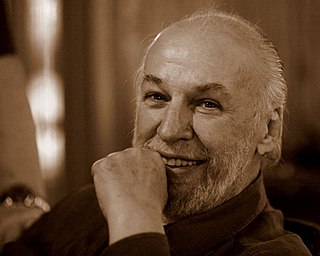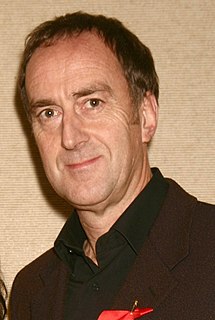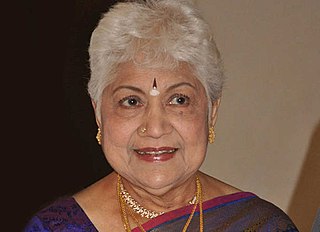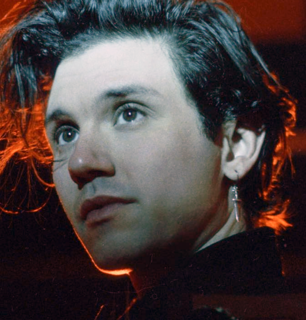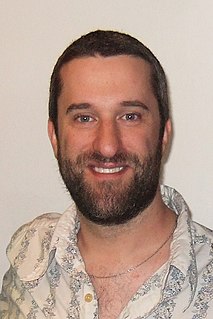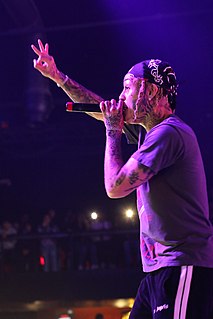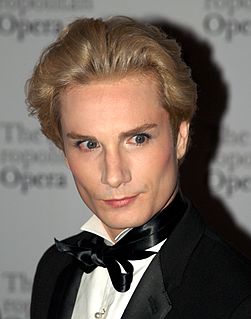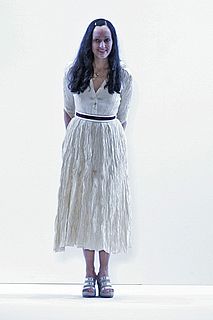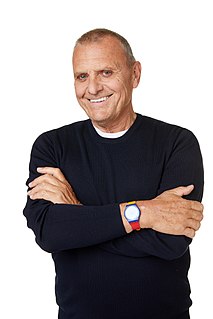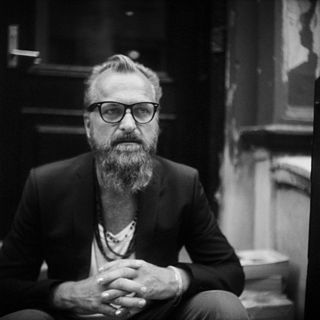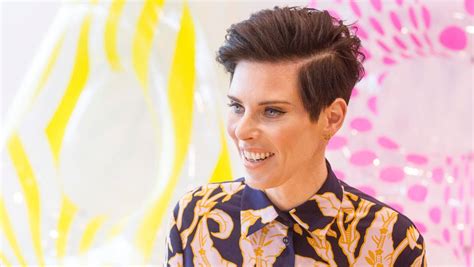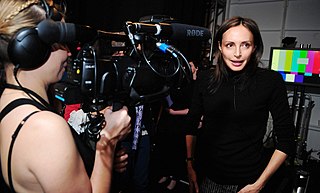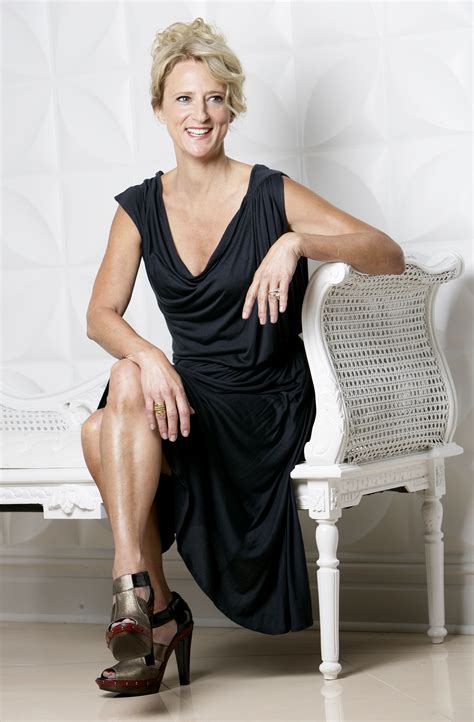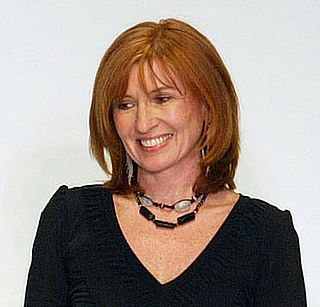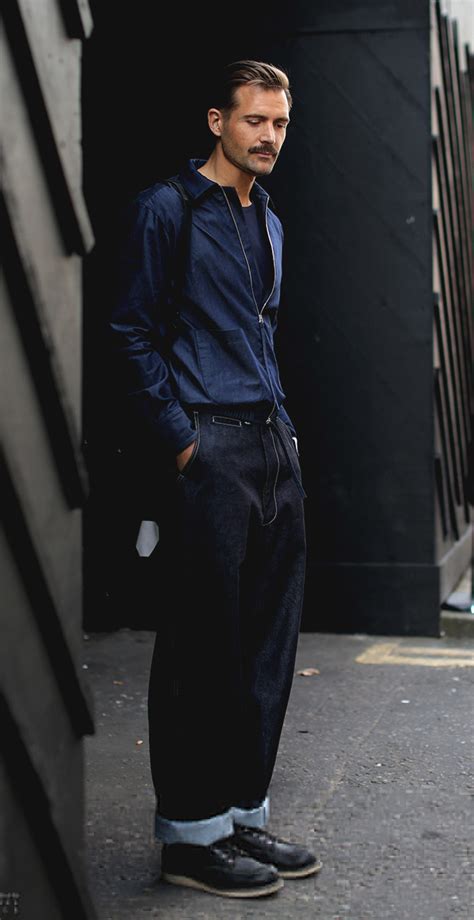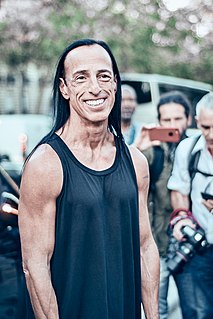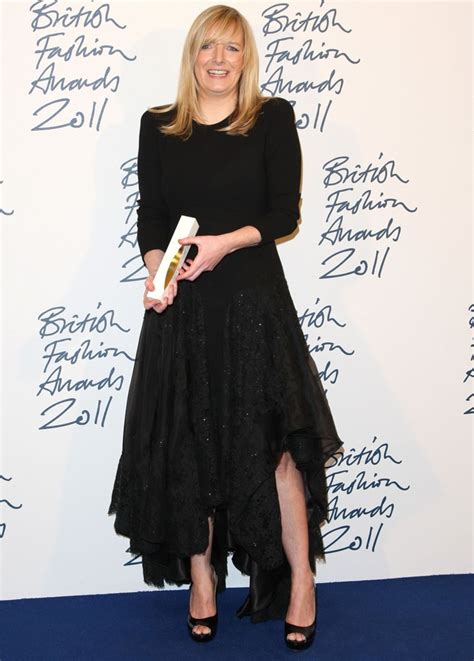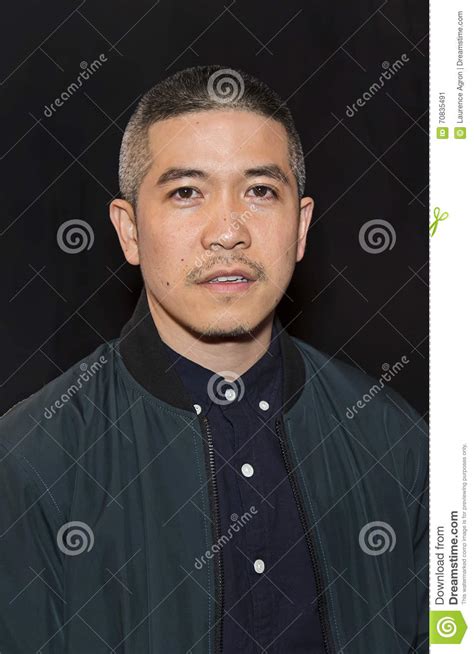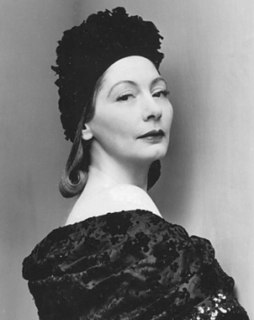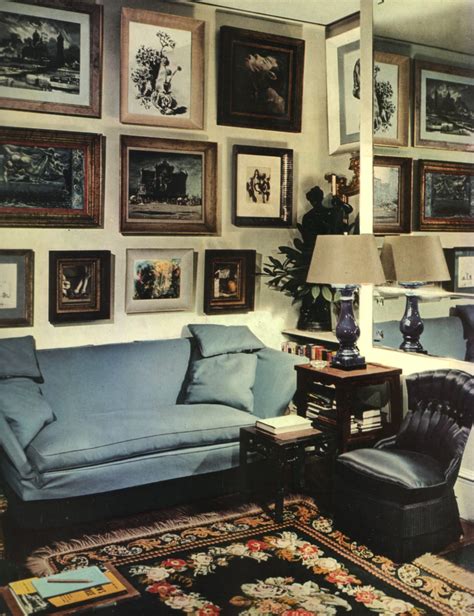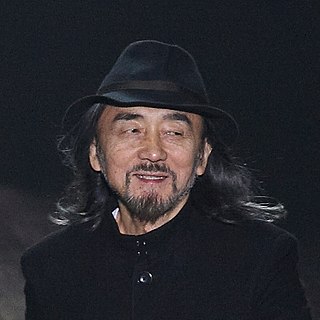A Quote by Paul Smith
At home, the radio was a big source and the classic radio programs we would listen to like Amos and Andy and whatever other ones there were.
Related Quotes
Listen- my relationship with radio on a personal level is nothing but a one way love-a-thon... I love radio, I grew up on radio. That's where I heard Buddy Holly, that's where I heard Chuck Berry. I couldn't believe it the first time I heard one of my records on the radio, and I STILL love hearing anything I'm involved with on radio, and some of my best friends were from radio. But we were on different sides of that argument, there's no question about that.
To be honest, the search for a label was really weird, because some of the labels that you wouldn't expect to care about stuff like radio formats were the ones that did care. They were like, 'Yeah, we love this record, but what are we going to play on the radio?' And I was like, 'You don't have bands on the radio.'
I wrote 'Turn Your Radio On' in 1937, and it was published in 1938. At this time radio was relatively new to the rural people, especially gospel music programs. I had become alert to the necessity of creating song titles, themes, and plots, and frequently people would call me and say, 'Turn your radio on, Albert, they're singing one of your songs on such-and-such a station.' It finally dawned on me to use their quote, 'Turn your radio on,' as a theme for a religious originated song, and this was the beginning of 'Turn Your Radio On' as we know it.

